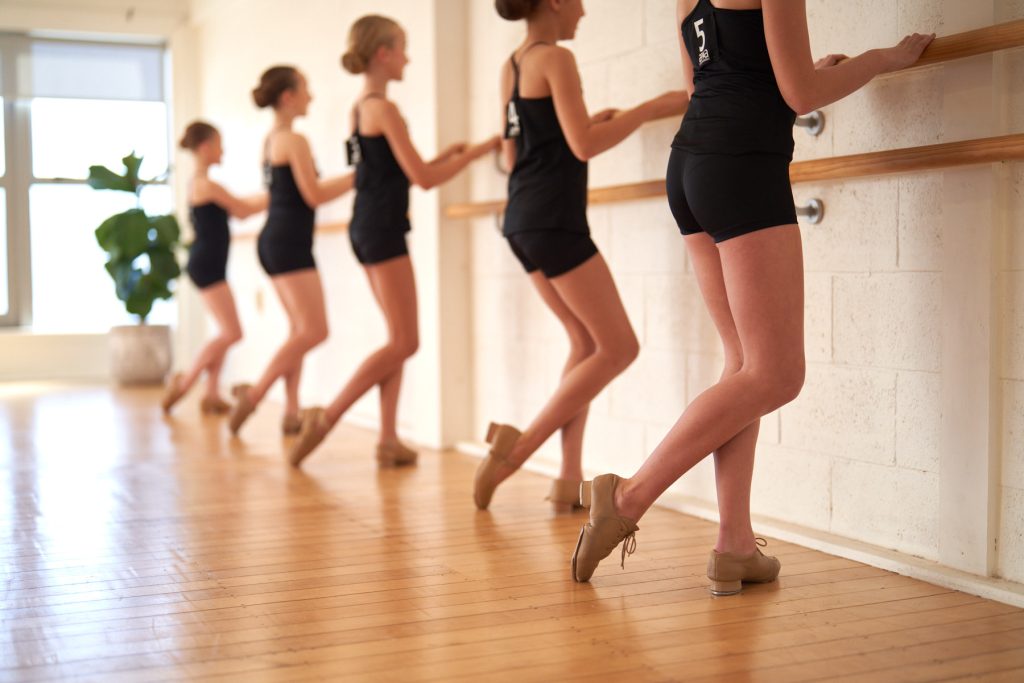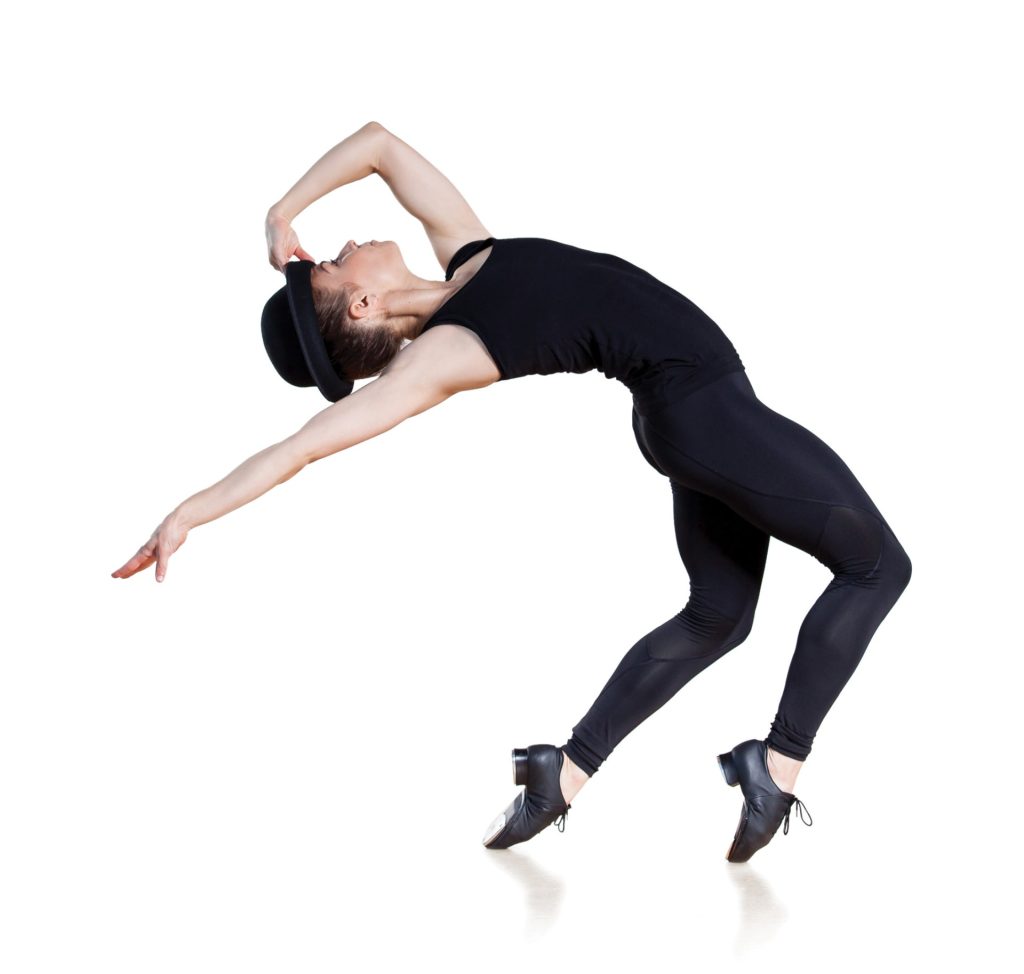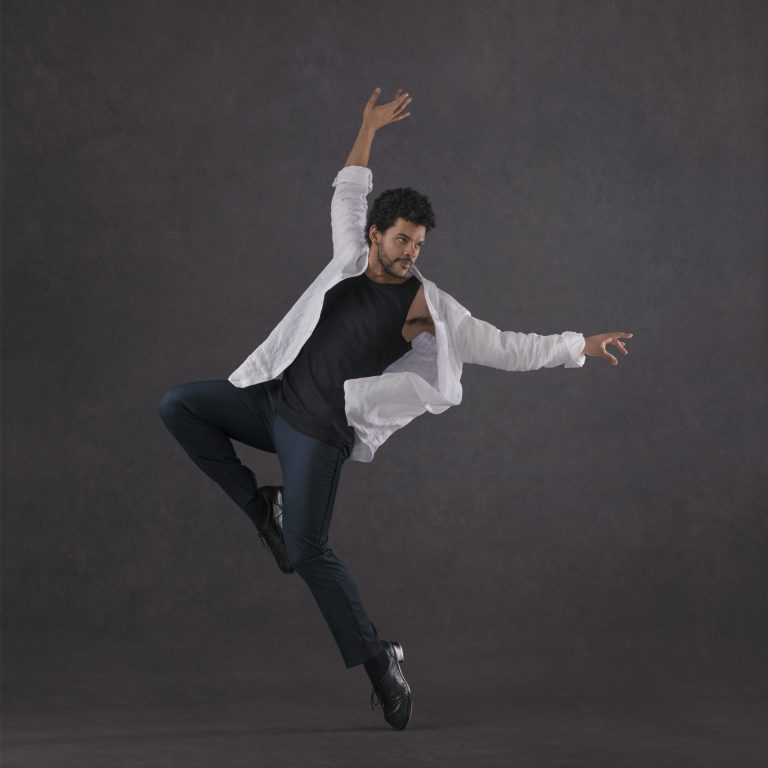Tap Evolution Syllabus Information
Positive - Inspiring - Empowering
This unique tap syllabus is stimulating and dynamic – it merges old-school tap and modern styles. There is emphasis on rhythm, performance and musicality. Exercises are set to a range of exciting and up-to-date music. Technique progresses logically through the levels; no new steps are introduced until they have either been mastered at the barre, or at a slower tempo to ensure students acquire new skills from a strong foundation.
The syllabus has been designed to complement styles performed at competitions/eisteddfods, and in the higher grades, what students may be asked to perform in auditions.
Tap Evolution is an examination based syllabus, it is compulsory for all registered studios to enter Tap Evolution students for examinations or assessments annually. Please note: choreography is prohibited for use in open classes.
We are committed to providing fast and personal service to all our registered teachers.


The syllabus comprises of 15 levels and a Teacher Training syllabus:
- Pre-Primary Tap (4 yrs)
- Primary Tap One (5 yrs)
- Primary Tap Two (6 yrs)
- Junior Tap One (7 yrs)
- Junior Tap Two (8 yrs)
- Junior Tap Three (9 yrs)
- Elementary Tap One (10 yrs, new teens and adults)
- Elementary Tap Two
- Elementary Tap Three
- Intermediate Tap One
- Intermediate Tap Two
- Intermediate Tap Three
- Advanced Tap One
- Advanced Tap Two
- Solo Seal Ballet
- Teacher Certificate
- Advanced Teacher Certificate
Syllabus Components:
In Primary levels, all exercises are performed in the centre.
In Junior levels, the first 3-4 exercises are performed at the barre so students can master more difficult steps with added balance support before performing them in the centre.
In Elementary levels, students perform one barre exercise that incorporates a range of steps (similar to La Beauté Ballet syllabus).
From Intermediate One onwards, there are no barre exercises.
Exercises include: drums, shuffles and toe heels, flaps and tap springs, time steps, pick ups, riffs, off-to-buffalo, turn preparation, travelling progressions (primary/junior grades), travel and turns (elementary grades onwards).
Speed Exercise: This is a short routine consisting of steps executed at a fast tempo to develop quick and clear beating. This is introduced at Elementary Tap One.
Amalgamations
Theatrical Tap: This is a musical theatre amalgamation which includes the option for the candidates to sing. This amalgamation is introduced at Pre-Primary Tap and continues right through syllabus. Musicals include: Singing in the Rain, Thoroughly Modern Millie, Anything Goes, 42ndStreet and A Chorus Line. Students will learn the classic musical theatre tap numbers, which will be extremely useful in an audition context, and lots of fun! Some routines use props.
Stomp Amalgamation: This is a modern style of tap inntroducing students to syncopated rhythms and a more percussive style. The Stomp Amalgamation is introduced at Junior Tap One. All music has a strong beat and students are encouraged to move naturally, there are no set arm lines.
Waltz Amalgamation: The Waltz Amalgamation introduces students to the ¾ time signature. Music is much slower to develop control, and “light and shade” in beating. The Waltz Amalgamation is introduced at Elementary Tap One.
Latin Amalgamation: This amalgamation is introduced at Intermediate Tap One and is an alternate option for the Waltz Amalgamation. This style/genre introduces students to the Latin tap vocabulary with arm lines, and body angles.
Dance: As per our other APDA disciplines, the Dance is teacher choreographed and incorporated at all levels.
Year Plan
Lessons in terms one and two of the school year are focused on preparing students for examinations.
Examinations are held in the second or third term of the school year (June/July/August/September) in Australia and New Zealand.
Examinations are held in June and July in Hong Kong, Macau and Thailand.
Lesson Plan
Syllabus work in preparation for examinations is based on the following class time recommendations:
- Pre-Primary Tap: 30 minutes per week
- Primary Tap levels: 45 minutes per week
- Junior Tap levels: 45 mins – 1 hour per week
- Elementary Tap levels: 1-2 hours per week
- Intermediate Tap levels: 1-2 hours per week
- Advanced Tap levels: 2 hours per week
Tap Shoes
Pre-Primary to Junior Tap Two candidates can wear any style of tap shoes (preferably the same for all junior students, as part of the studio uniform).
From Junior Tap Three onwards, students will require split-sole tap shoes. These come in lace-up or no lace options.
Improvisation is included to encourage freedom of movement in junior levels. The examiner provides the music for the Improvisation
Students should prepare for impromptu work seeking to show musicality, use of the floor, use of levels and variety of steps.
Student Choreography
Student choreography is incorporated from Elementary Tap One to develop student initiative and creativity. Students choreograph their work individually with assistance from the teacher where necessary.
Time limits are detailed in the teaching notes. The teacher provides the music for student choreography (the same music must be used by all the students in an examination group/grade).
Music
Teachers are able to set their own music or use the music recommended by APDA.
Studios are required to have their own studio music license for classes.
